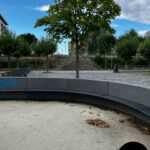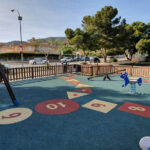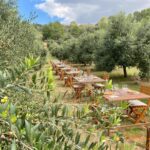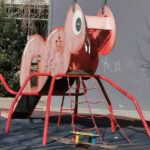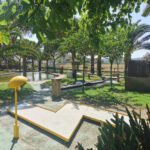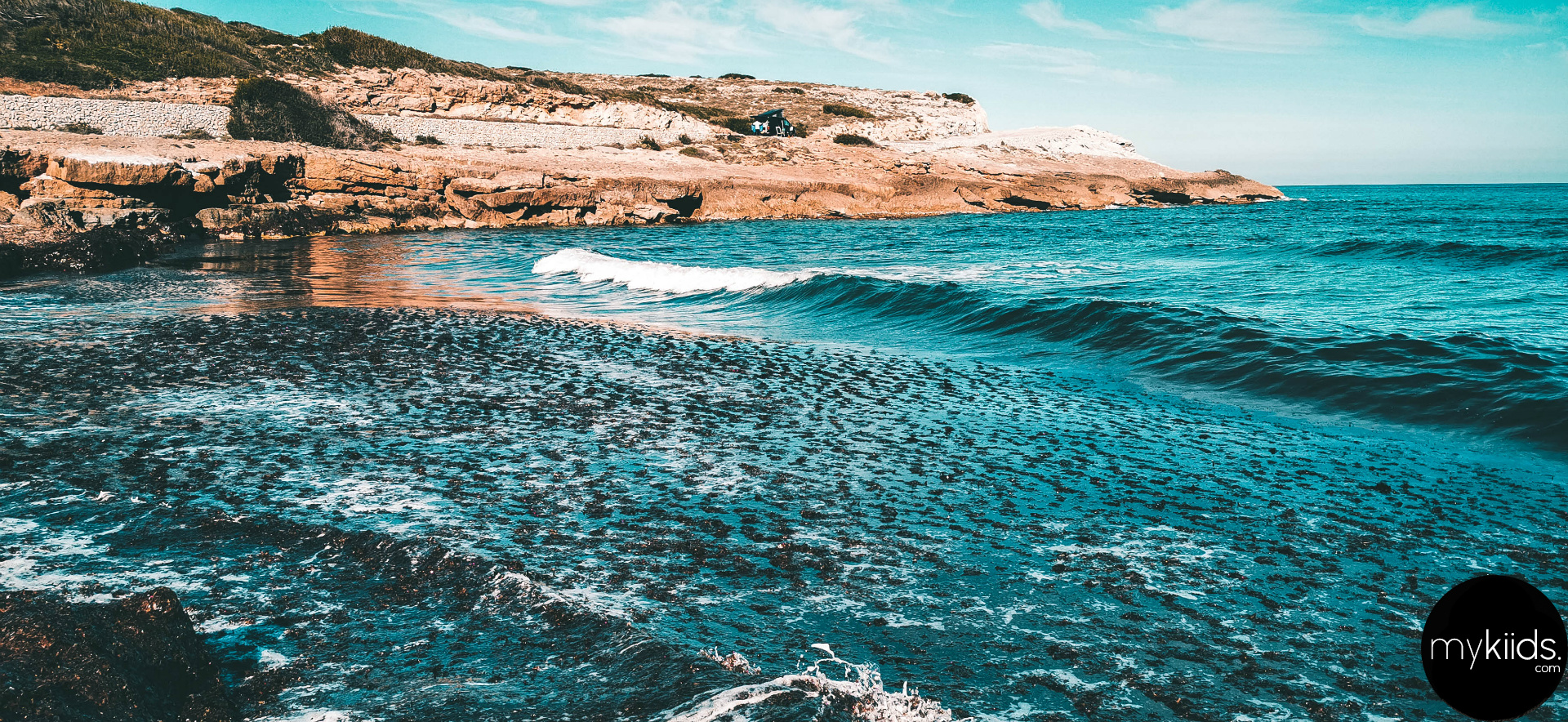
Posidonia oceanica, sometimes known as posidonia, is a seagrass that plays an important part in the Mediterranean Sea’s marine environment. Posidonia, which is abundant in the waters surrounding the Balearic Island of Mallorca, is an important aspect of the local ecosystem, providing habitat for numerous kinds of marine life and aiding in the preservation of water quality. In this post, we will look at the plant’s relevance in Mallorca, its qualities, and the problems it confronts.
Characteristics of the Posidonia Plant
Posidonia oceanica is a Mediterranean Sea-native perennial plant. It has long, green, strap-like leaves that can reach a length of one meter and form dense underwater meadows. These meadows support a diverse diversity of marine species, including fish, crabs, and sea urchins, among others.
The roots of the plant tie it to the seafloor, while its leaves contain chloroplasts, which allow photosynthesis to occur. As a result, posidonia meadows can create oxygen and serve an important role in preserving water quality in the surrounding area. These meadows also contribute to seabed stabilization, preventing erosion and preserving the coastline from storm surges.

Importance of the Plant in Mallorca
Posidonia meadows abound in the waters of Mallorca, and their significance to the local environment cannot be emphasized. They support a diverse range of marine life, including commercially important species such as red mullet, sea bream, and octopus. The meadows not only feed local fishermen, but they also provide recreational activities, like as diving and snorkeling, which draw tourists to the island.
The plant’s role in preserving water quality is also critical. Posidonia meadows operate as a natural filter, absorbing pollutants and sediments from the water column and mitigating the effects of nitrogen run-off from neighboring agricultural activities. As a result, these meadows assist to protect the health of the surrounding marine ecology, so enhancing biodiversity and sustaining local livelihoods.
Threats to Posidonia Meadows
Despite their critical role in the marine ecology, the plants meadows are under threat from a variety of human activities. Anchor damage caused by boats and yachts is one of the most serious risks to the plant. When boats dock in posidonia meadows, the roots and leaves of the plant are damaged, inflicting long-term harm to the meadow and the species that rely on it. Hence, if you are a boat owner, please use common sense when you anchor somewhere.
Pollution is another threat to posidonia meadows. Sewage and agricultural runoff can pollute the water with nutrients and toxins, damaging the plants and marine life that rely on it. This is especially true during the summer, when overburdened sewage treatment plants are unable to fully clean the water before dumping it into the sea.
Efforts to Protect Posidonia Meadows
The importance of posidonia meadows to Mallorca’s maritime ecosystem has resulted in broad initiatives to safeguard them. Posidonia meadows were designated a Natural Area of Special Interest by the Balearic Islands government in 1992, providing legal protection to the plant and the ecology it sustains.
A variety of actions, in addition to legal safeguards, have been implemented to mitigate the impact of human activity on posidonia meadows. These include mooring buoys to prevent boats from anchoring on the meadows, education initiatives to raise knowledge about the plant’s value, and the promotion of sustainable tourism practices.
Posidonia oceanica is an important component of the marine environment of Mallorca, providing a habitat for innumerable kinds of marine life and as a result, it is strictly prohibited from being taken from the beach. Sea balls, which are frequently collected as souvenirs, are also affected. For the same reason, anchoring on Posidonia fields is forbidden. Because the plant grows so slowly, the anchors that tear holes in the fields cause a lot of damage.
For many years, the Aquarium Palma de Mallorca has advocated for the preservation of the Posidonia plant and has worked hard to maintain this natural phenomena alive in the environment.
So, if you come into contact with the dead plant remains, remember how important these plants are to our ecology.



